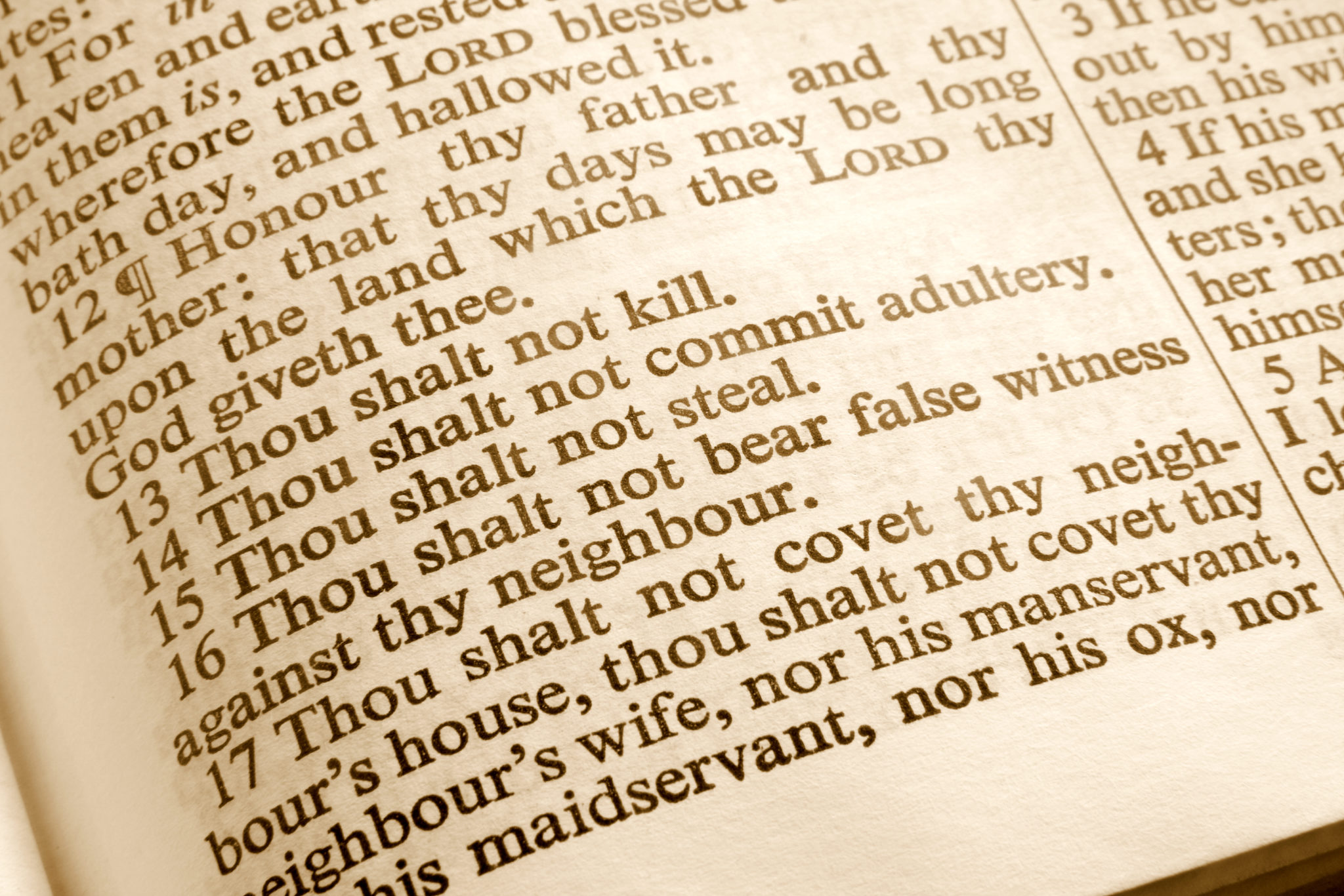Why Would God Create Humans if He Knew They Would Sin?
No finite human mind can adequately form the answer to this question. However, the Bible provides essential insight. From passages such as 2 Timothy 1:9 and Titus 1:2, we learn that before God created anything, he formed and initiated a plan to express the fullness of his love and grace to and through us humans, his “image-bearers.” God began to work out his plan to redeem humans from sin before he began his works of creation.
God is all-knowing, not only about the past and present but also about the future. Therefore, he knew ahead of time that in creating Adam and Eve—and through them all human beings—that they would sin (rebel against God’s authority) and that, as a consequence of their sin, all their progeny would be sinners.
Given that love is a defining characteristic of God’s nature, one of his purposes in creating the cosmos is to multiply and magnify love. God could have created humans with no risk and no freedom to choose—or reject—alliance with him, but a lack of free choice would have deprived our relationship with God of any meaning or love. God wanted a relationship of genuine worth. So, he allowed our progenitors (and us, through them) to exercise choice and to experience its consequences.
God could have decided not to plant a forbidden tree among all the trees in Eden. He could have locked the most powerful and intelligent of his fallen angelic creatures out of the Garden. But he did not. Why not? God intended to bring about a greater good. That greater good was to bring an uncountable number of humans (Revelation 7:9) into an eternally secure, loving relationship with him whereby the free-will capacity of those humans to experience and express love becomes exponentially increased. For both goals to be achieved it is essential that the free wills of humans be tested to the maximum degree. Hence, God exposed humans to the greatest possible temptation and to the most powerful and intelligent tempter.
In his infinite mercy, God made a way to give us all a second chance. Although we could not withstand the tempter, God’s incarnate Son could—and did! Jesus, a second “Adam,” remained true to his Father, and for all his goodness suffered the full consequences of our wrong choices. He sacrificed his own righteous body, in place of our own, to fulfill God’s justice and open a way—through our choice to trust in his goodness—to experience an eternally secure relationship with God, a “tested” relationship that can never be broken because it can never face a greater test.
God’s plan thus enhances the capacity of humans to experience love and life, joy and creativity, and so much more, forever. It also equips and trains redeemed humans for challenging, meaningful, and fulfilling careers in the new creation yet to come. Unlike the angels who remained loyal to God, humans who choose God’s offer of redemption get to experience God’s grace, his undeserved and irrevocable favor. Through experiencing God’s grace and allowing God to mold us in wisdom, humility, and Christlike character, we become prepared for future rewards and adventures our minds can barely begin to imagine (1 Corinthians 2:9).






